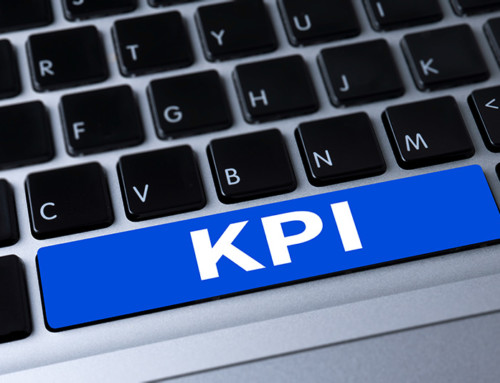 Should You Re-open Your Business? Assess Your Options
Should You Re-open Your Business? Assess Your Options
When things return to some new form of normality following the COVID-19 disaster, many business owners will be itching to re-open their businesses as quickly as possible. However, it is highly unlikely that things will snap back to the way they were before the pandemic hit. The impact to you, your people, your customers, suppliers and your market has no doubt been significant so it’s really important to work through where you’re at right now and what the best options are for you to move forward. Re-opening may not be one of them.
Your Finances
There can be no doubt that the first thing you need to do is assess the financial condition of your business. Depending on whether you are still operating and the condition of the business prior to the disaster, you will be able to assess whether you should actually re-open the business, how quickly you should re-open it, and whether the business will need to be changed in order to survive. Ask yourself:
- Have you spoken with your accountant? Your accountant is the most important resource you have right now to help you through the process of determining whether your business has a future.
- Has your accountant been proactive in providing you information and guidance through this difficult time?
- Do you know your break even point moving forward? This is critical to set a bare minimum target to keep your business alive.
- Do you have a Cash flow forecast that identifies any periods of concern in the next 30 days and of course beyond that?
- Do you have any cash reserves available at this time?
- Are you eligible for any Government assistance and have you applied for it?
- Have you reviewed any current debt financing arrangements?
- Do you have access to other sources of funding?
- Have you reviewed / reset a budget for the next 6 and 12 months?
- Can you afford to fund a recovery plan (assuming you have one)?
- Have you reviewed your profit & loss and balance sheet up to the time of the disaster so that it can be used in your decision-making process about re-opening?
- Have you run some “what if” scenarios with your numbers? Sensitivity analysis is essential to determine the impact of the worst, likely, and best case scenarios.
- Have you spoken with your bank about how they might be able to assist you in re-opening your business?
- Have you spoken with your legal team to ensure you are adequately covered for any matters that may threaten your business as it starts to recover?
Your Motivation
It is very normal to have thoughts floating around in your mind about what to do and where to start after a disaster. It’s important to have the right thoughts and the right questions to think about.
Ask yourself:
- How passionate are you about your business? Without the passion and drive, the re-opening process will be a struggle.
- Are you / were you happy running your business?
- Was it profitable?
- Are you prepared for what might be required to re-open and recover your business?
- How will your working arrangements change with your staff? For example, the “working from home” revolution has well and truly happened. People have been forced to work from home for a while and many like it. Does this represent an opportunity or a challenge for your business?
- What lessons have you learned from running your business before the disaster?
- Are you prepared to make necessary changes to your business?
- Have you reset your goals both personal and financial?
- Have you considered any other options?
- Have you considered exiting the business?
Your Recovery Plans
Many businesses did not and do not have a Business Continuity Plan or any adequate Disaster recovery plans. One thing this pandemic has certainly done is expose the vulnerability of the entire global economy and every business operating within it so you need to plan for the likelihood of something like this happening again. This is where the business continuity planning process becomes critical. You need a plan for every critical function within your business. Consider:
- Funding Requirements
- New operating requirements
- Your People and the impact on them
- Location
- Market changes
- Equipment
- Inventory
- Marketing
- Pricing
With so much to consider, it is not as simple as opening the doors and hoping for the best. I learned many years ago when it comes to business success “hope is not a strategy”!





